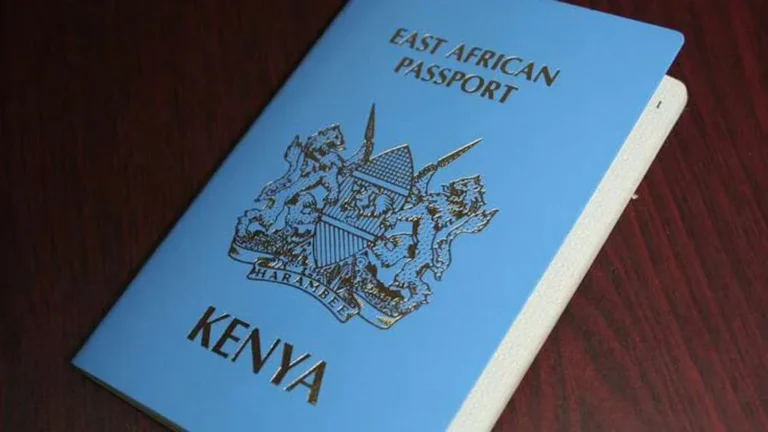Applying for a visa can test your patience and sanity even for frequent travelers. No matter how many times you’ve applied for a visa successfully, it’s still a nerve-wracking experience every time.
This is because it’s not a guarantee that your visa will be approved. The embassies consider a number of things before deciding whether to approve or deny a visa application which makes it difficult to predict whether your application will go through.
When a visa application is denied, the applicant is usually notified of the reason. The reasons could range from missing documents to previous visa denials. It’s important to know what the common causes of a visa denial are to avoid making the same mistakes.
Here are some common reasons a visa application may be denied.
Inconsistent Information
Many people focus on saying the right things to get a visa approval and they sabotage themselves. First, you need to take the application seriously. Fill in the form as accurately as possible with all the correct information. A small inconsistency in your information can signal red flags and lead to a denial. For instance, if you say you’re self-employed, ensure that you have business documents to verify this. You also need to be familiar with every detail of your trip because they will try and twist the questions during the interview stage of your application.
Lack of a Travel Itinerary
A clear travel itinerary is important because it clearly shows the purpose and duration of your trip. Failure to provide a detailed itinerary or supporting documents such as flight reservations, hotel bookings, or tour itineraries can lead to visa denial. It is important to present a well-structured travel plan so as to convince the visa officer of your intentions.
Visa Sponsor
Just because someone from another country invites you to visit them, it doesn’t mean that you’ll automatically get a visa. In some cases, this can work against you since knowing someone from the country gives you a reason to overstay your visit. Additionally, if the relationship seems weak, it increases the chances of your application being denied. You need to find a credible sponsor who you have a real relationship with and can prove that they’re able to be responsible for you.
Weak Ties To Home Country
Weak ties to the home country can be a reason for visa denial. The embassy needs to ensure that you have a reason to come back to your country once your travel. They may ask questions like, “Do you own property or do plan to buy property in your country?” or “What’s your relationship with your family?” These questions are meant to test whether you will come back if they give you a visa.
Criminal Record
If you have a criminal record, especially one relating to immigration violations, it puts a dent in your future visa application. The embassies prioritize the safety of their countries’ citizens. Therefore, they are unlikely to allow people with criminal records to travel to their country. You can, however, convince the embassy that you have been rehabilitated after enough time has passed from the time you were convicted.
Health Issues
Apart from ensuring that all your documents are in order, you should also ensure that you receive all the required vaccination shots. This is a common reason for visa denial since many forget to do it until it’s too late. Additionally, there are certain serious health conditions such as tuberculosis and syphilis that render a person ineligible for an immigrant visa. Make sure you research the health requirements of the country you plan to visit.
Lack of travel insurance
This isn’t a mandatory requirement but some countries require proof of travel insurance coverage before giving you a visa. If you fail to provide adequate travel insurance or meet the specified requirements, it can result in a visa denial. Make sure that you confirm whether the country requires travel insurance before submitting your application.
Lack of Genuine Intentions
Visa officers usually assess an applicant’s credibility and genuine intentions to visit the destination country. If the officer suspects that the applicant has misrepresented their purpose or is likely to overstay or work illegally, the visa may be denied. It is crucial to provide compelling evidence of your intentions and credibility, such as an employment letter, invitation letter, or proof of ties to your home country.
Pro tip: if you’re unsure of how to fill out your visa application form or any other steps, you can ask someone who is more experienced or even consult an immigration lawyer.
Countries that a Kenyan can travel to visa free or get a visa on arrival

